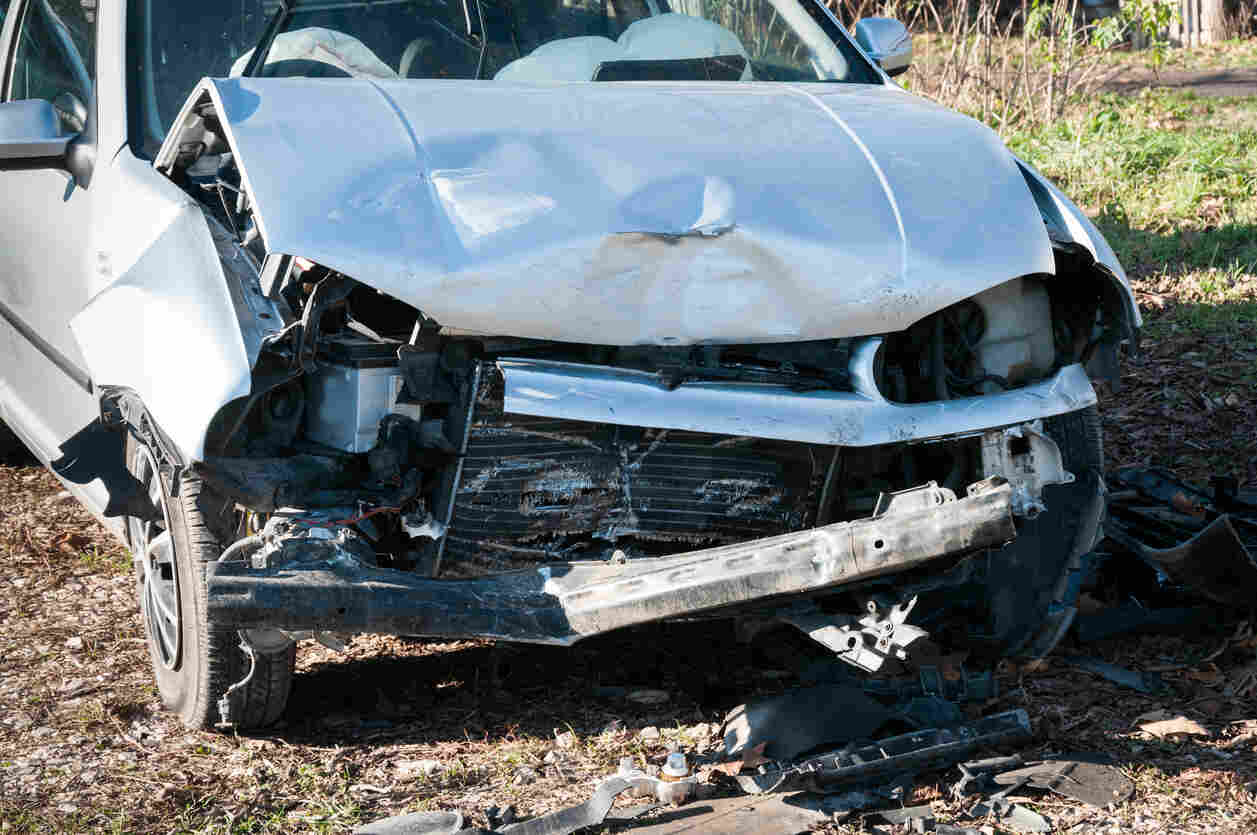Being charged with DWI is serious on its own, but when a car accident is involved, the situation becomes far more complex. In Binghamton and throughout Broome County, prosecutors pursue accident-related DWI cases aggressively, often adding charges, increasing penalties, and using the accident itself as evidence of impairment.
Whether the crash caused minor property damage or injuries, defendants must understand how these cases are handled and why early legal intervention can make a significant difference in the outcome.

How a Car Accident Changes the Nature of a DWI Case
In most standard DWI cases, the prosecution relies on driving behavior, field sobriety tests, chemical test results, and officer observations. When an accident occurs, the state often treats the collision as an indicator of impairment, even when other explanations exist. Weather conditions, mechanical issues, or another driver’s negligence may have played a role, but accident involvement often shifts the burden onto the defendant to demonstrate what actually happened.
Police also conduct more detailed investigations in crashes involving alcohol. This may include photographing the scene, interviewing multiple witnesses, reviewing surveillance footage, and taking measurements to reconstruct the collision. These additional steps can create more potential evidence, but also more opportunities for mistakes, assumptions, or misinterpretations.
What Additional Charges You May Face After an Accident
Once a crash is involved, the charges may extend well beyond a simple DWI.
Depending on the circumstances, a defendant may also face:
Even minor injuries can elevate a DWI case into a violent felony if prosecutors believe the injuries were caused by impaired driving. In these situations, the stakes rise quickly and can involve significant prison exposure.
How Police Investigate Accident-Related DWIs in Binghamton
When a crash involves suspected alcohol or drug use, law enforcement takes a more expansive approach.
Investigations may include:
- Requesting blood draws at the hospital.
- Interviewing passengers and witnesses.
- Analyzing vehicle data, such as speed or braking information.
- Reconstructing the scene to determine how the collision occurred.
- Reviewing 911 calls and body camera footage.
Because accidents can involve shock, injury, or disorientation, defendants may not recall every detail clearly. Officers sometimes mistake natural post-collision symptoms for intoxication, which can affect how the case is charged.
How the Accident Influences Bail, Conditions, and Court Strategy
A DWI with an accident often results in more restrictive release conditions.
Judges may impose:
- Alcohol monitoring.
- Ignition interlock.
- Stay-away orders from injured parties.
- Mandatory treatment evaluations.
If injuries occurred, prosecutors may oppose non-monetary release or push for stricter supervision. This can dramatically affect a defendant’s work, transportation, and daily life throughout the case.
Defending Against Accident-Related DWI Charges
Although prosecutors rely heavily on the accident to support their narrative of impairment, these cases are highly defensible with proper investigation.
Defense strategies may involve:
- Challenging whether the impairment actually caused the crash.
- Demonstrating that another driver was at fault.
- Showing that weather, road conditions, or obstructions led to the accident.
- Examining whether field sobriety tests were administered properly.
- Questioning the reliability, timing, or accuracy of chemical test results.
Evaluating whether medical conditions or injuries affected coordination or appearance.
Because these cases often involve multiple officers, witnesses, and forensic specialists, identifying inconsistencies can significantly weaken the prosecution’s case.
Why You Should Never Speak About the Accident Without Legal Counsel
Defendants often feel pressured to explain what happened after a crash, especially if someone was hurt. Any statements made at the scene, in the hospital, or during follow-up interviews can become critical evidence in a DWI prosecution. Even offhand comments or attempts to apologize can be used to suggest impairment or culpability. Speaking with investigators without an attorney present is one of the most common and damaging mistakes defendants make.
How O’Brien & Eggleston Defend Binghamton Drivers Facing These Charges
Accident-related DWI cases require both detailed investigation and an understanding of how prosecutors build their narrative. At O’Brien & Eggleston PLLC, our New York criminal defense attorneys examine every aspect of the collision, analyze the state’s evidence, and work to show that impairment was not the cause. We pursue reduced charges, challenge unreliable test results, negotiate strategic resolutions, and prepare cases for trial when necessary.
If you were charged with DWI after a crash in Binghamton, early representation is essential. A knowledgeable defense can protect your rights, challenge assumptions, and work toward the most favorable outcome possible, beginning with an initial consultation.





